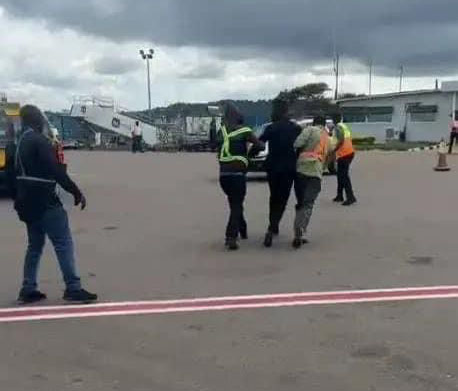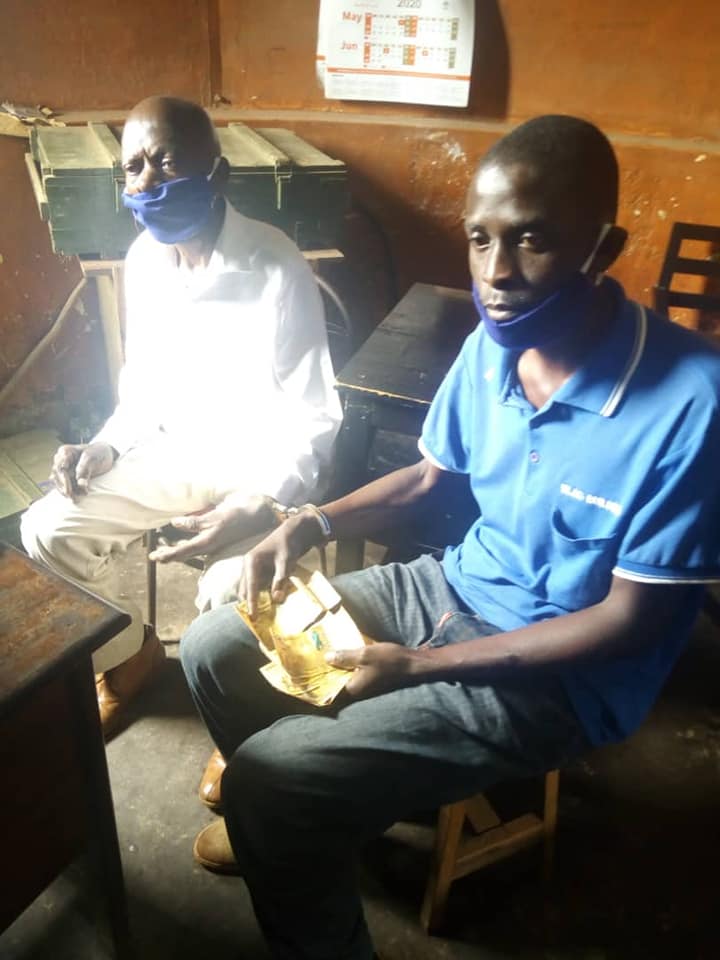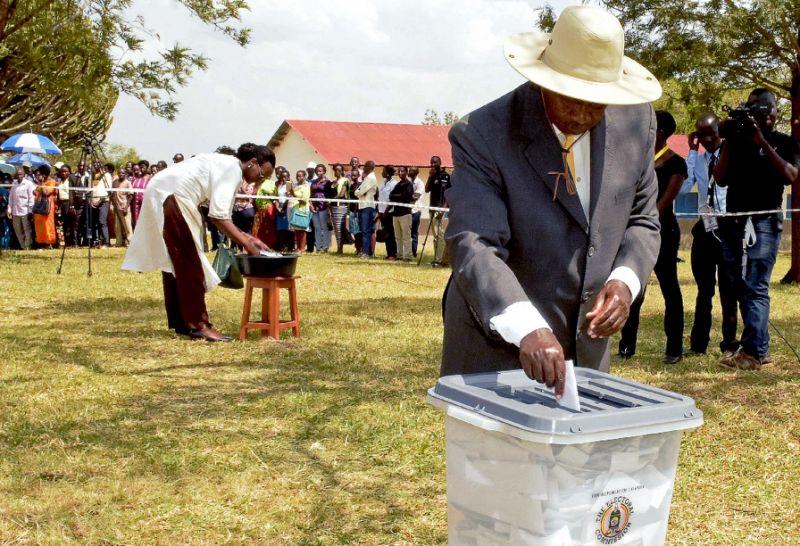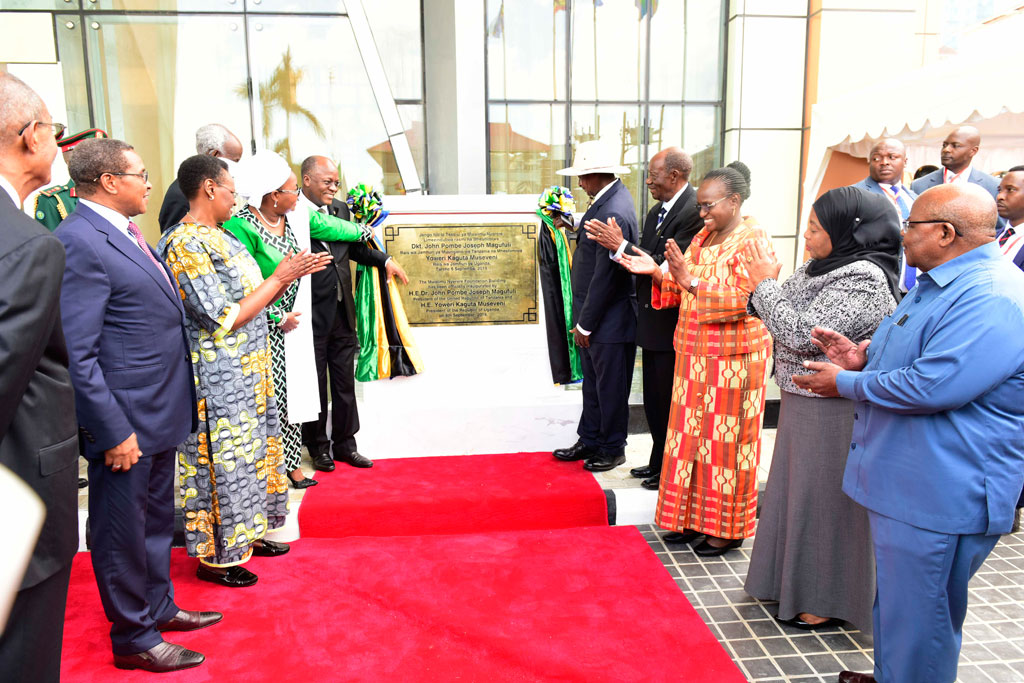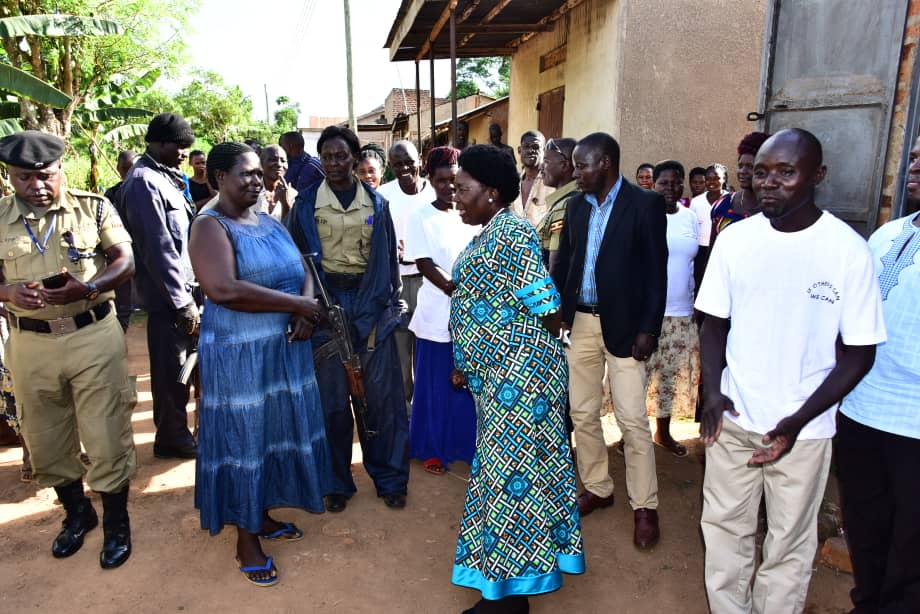The March 23 Movement (M23) rebels and a coalition of militias under the umbrella organization Wazalendo engaged in intense fighting on a Wednesday in several villages in Masisi and Nyiragongo territories, North Kivu province, eastern Democratic Republic of the Congo, as hopes for peace through dialogue continued to dwindle.
The fighting took place as hopes for peace through dialogue continued to dwindle.
The battle took place in the villages of Tebero, Kayovu, Nturo, Burungu, Kilolirwe, and Rugeneshi in Masisi territory.
It also took place in the villages of Nyamagori, Nyamigabe, and Honero in the Kizimba locality of Nyiragongo territory.
All of these villages are in Nyiragongo territory.
Residents of the villages that were affected by the fighting in Masisi were compelled to leave in the direction of Kitchanga.
Bertrand Basimwa, the president of the M23 rebels, and Lawrence Kanyuka, the movement’s political spokesperson, issued a statement on Wednesday afternoon in which they accused soldiers from the Armed Forces of the Democratic Republic of Congo (FARDC) and the Wazalendo militia of starting the conflict and violating the ceasefire agreements.
They believed that M23 had the right to protect itself, and that right should be exercised.
The Kinshasa government coalition has been assaulting the towns of Tebero, Kayovu, Kilolirwe, Nturo, and Burungu, as well as the entirety of Rugeneshi and the territories surrounding it, since 4:30 in the morning.
The conflict is still going on. “Mr. Tshisekedi has decided that war is more important than peace,” Bisimwa stated.
“The Republican Guard, who carried out the atrocity in Goma on Mr. Tshisekedi Tshilombo’s orders, has now joined the sweeping attacks of the FARDC and FDLR. Kanyuka continued by saying that the M23 is maintaining its positions while protecting the population.
However, Lt. Col. Ndjike Kaiko Guillaume, the FARDC Spokesperson for North Kivu Province, made a statement later on rejecting M23’s assertions that the FARDC was responsible for the fighting.
He said that the FARDC did not start the fighting. He added that the FARDC was not participating, either directly or indirectly, because they were continuing to adhere to the ceasefire as was needed by the agreements reached with the Heads of State in the Sub-Region.
During the time when the press release was being prepared, violence was still taking place.
Following the reiteration by Félix Antoine Tshisekedi Tshilombo of his position at the 78th United Nations General Assembly in New York that the Democratic Republic of the Congo would never enter into discussion with the M23 rebels, whom he branded as terrorists supported by the neighboring country of Rwanda, the likelihood of fresh bloodshed increased.
He accused them of routinely killing innocent civilians in the areas that they controlled and he urged the United Nations Security Council to impose sanctions on all those involved for severe crimes in the Democratic Republic of the Congo, including Rwanda, which he claimed operated under the cover of the M23. He said that the M23 was a front for Rwanda.
A few days after he made that statement, tensions began to rise when the FARDC overtook Burundian troops and took possession of the Mushaki position, which was located in the Bahunde Chiefdom and was around 40 kilometers from the city of Goma.
The new military Governor of North Kivu province and area Commander of Operations, Major General Peter Chirimwami, addressed local inhabitants and soldiers and stated that there would be no negotiations with M23 rebels since they were backed by Rwanda.
Chirimwami’s statement was made at an address to local residents and soldiers.
He reiterated that the mission of the government army was to eradicate M23 from all positions throughout the country.
A statement was also issued by Lawrence Kanyuka, who serves as the political spokesperson for M23.
In this statement, he asserted that the group would not back down until direct conversation with the government was established.
The date September 25, 2023 marked the end of the government of the DR Congo’s ultimatum to M23, in which it demanded that the group immediately withdraw from all locations and surrender.
In March 2022, the territories of Rutshuru, Masisi, and Nyiragongo descended into chaos as a result of an offensive that was conducted by the M23 rebels against the government.
This offensive was directed by Bertrand Bisimwa and General Sultan Makenga, and it was successful in seizing the bulk of positions in fierce fighting.
Because of the conflict, the educational system in these territories was put on hold until September 4, 2023, when it was finally able to start operating again.
After the arrival of peacekeeping troops from Uganda, Kenya, Burundi, and South Sudan in December 2022, the rebels started pulling back from the territories that had been seized.
The latest declaration made by Tshisekedi excluding the possibility of discussion, on the other hand, spurred M23 to begin reoccupying the places they had previously ceded. Rwanda and M23 both strenuously dispute these charges, although the government of the Democratic Republic of the Congo accuses Rwanda of assisting M23.
The rebels assert that they are fighting against prejudice, xenophobia, and corruption in the leadership of the Democratic Republic of the Congo.








